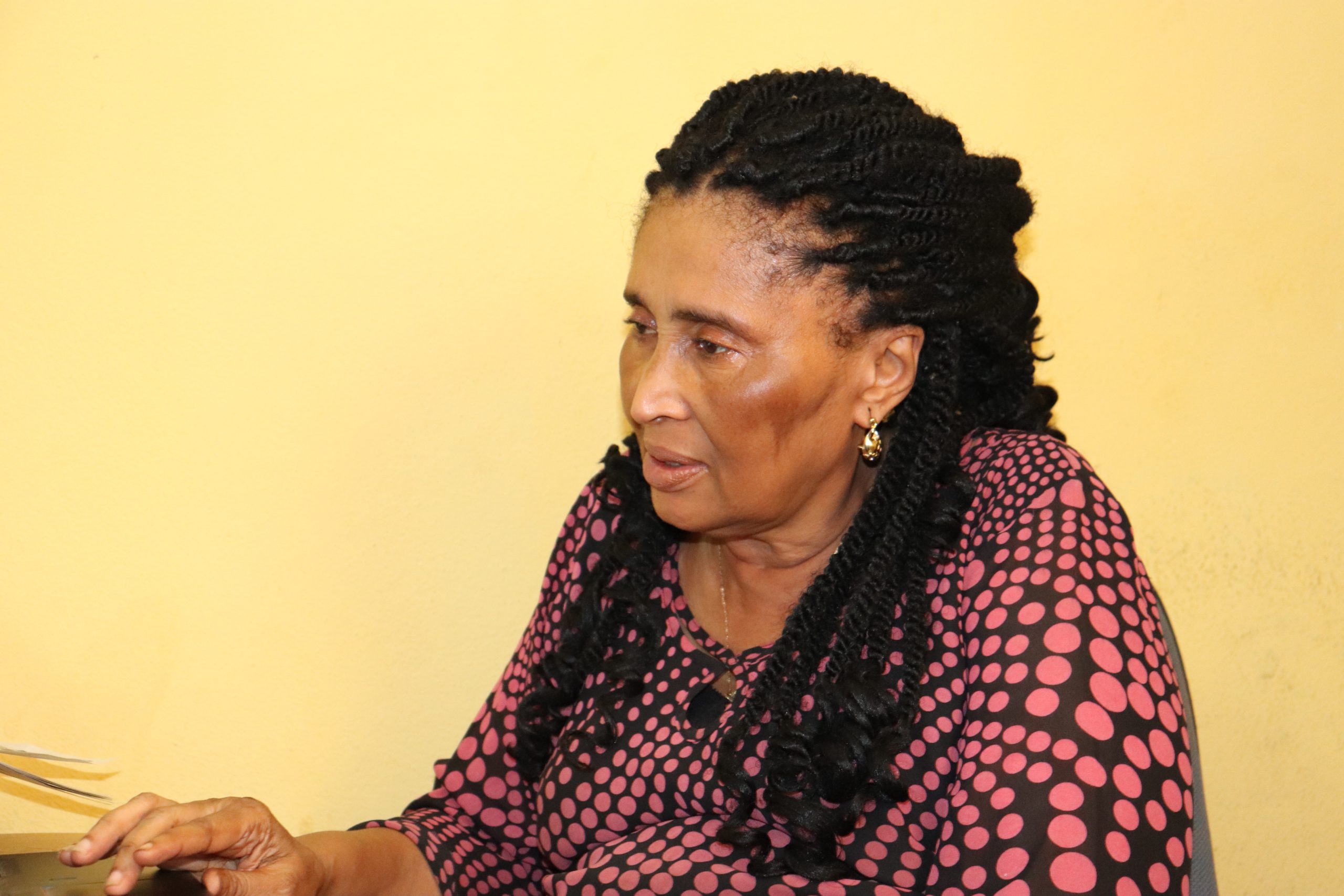Academic Qualifications
BscAgric Education – Njala University
MA (Adult Education) –University of SL
M.Phil. Agricultural Extension –Njala University
Professional Adult Educator
Adult and Non-Formal Education programmes in the Directorate of NFED:
There are efforts by Government through the Non-Formal Education Directorate of the Ministry of Basic and Senior Secondary Education (MBSSE) to reduce the high incidence of Adult illiteracy and out- of – school girls’ dropout. The programmes are as follows:
i) Establishment of Adult literacy programmes in 13 districts: 30 formal Schools are hosting 30 Adult literacy Centres in 13 districts as at July 2019. The target group is mostly illiterate and those who have dropped out of formal primary school and relapsed into illiteracy. The age range is 18 to 50 years and above. Literacy facilitators are teachers in the formal primary school where the adult literacy centres are established (formal schools). These facilitators (formal school teachers) are given training/ orientation on adult literacy methodologies and the use of the harmonized non-formal education curriculum materials in basic literacy and numeracy before the commencement of classes in the different districts.
(ii). Community Learning Centres (CLCs) mostly at chiefdom levels: 59 Community Learning Centres in 53 chiefdoms provide functional literacy, numeracy; depending on the availability of financial resources, livelihood, income generating activities and skills training are undertaken in CLCs that own buildings. Classes are normally conducted in the afternoons, or late evenings, a maximum of three days a week but the days of interactions can increase depending on the motivation of the learners (see list of CLCs in appendix 3). Additional to the harmonized nonformal educational curriculum, Sexual Reproductive Health and life skills manual and modules are also used in the CLCs .
(iii). Girls Access to Education and Services (GATES) for out-of-school girls project, October 2018 to September, 2019: Forty (40) out of the 50 CLCs were selected in 2018 to commerce class session for 2,000 out-of school girls at the primary and JSS levels. The goal of the programme was to reduce adolescent pregnancies and enhance retention and completion among girls (out of school girls enrolled in GATES progamme -appendix 4). The teachers were drawn from the formal school and given orientation on how to deliver lessons using the Accelerated Teaching syllabi for primary and JSS using Nonformal education strategy.
Achievements of The NFE Directorate
•As at July 2019, one thousand six hundred and sixty-six (1,666) adult learners enrolled in the 30 adult literacy centres and 2,590 adult learners enrolled in 40 CLCs respectively.
•One thousand two hundred and thirty-three (1,253) out of school girls returned to formal schools in September 2019 out of the 2,000 girl that enrolled in 40 CLCs ( see selected back to formal schools Celebration Events at 40 CLCs and a list of girls re-integrated in the formal schools ).
•Quarterly Joint monitoring with Partners on activities in the 40 CLCs yielded better understanding, reduction in duplication of resources and programmes as well better collaboration.

Copyright ©2024 MBSSE ALL RIGHTS RESERVED | Terms Of Use | Privacy Statement
